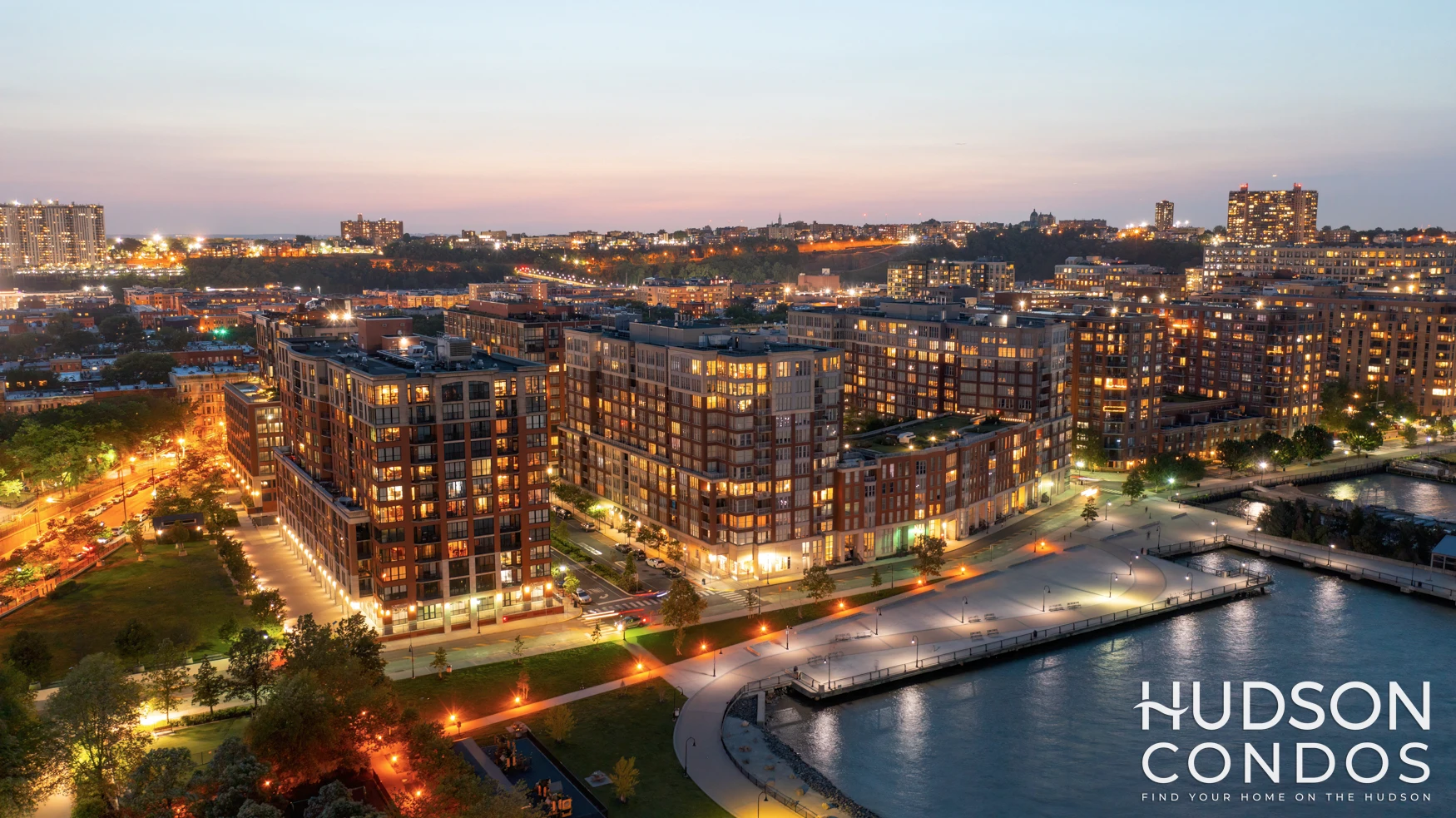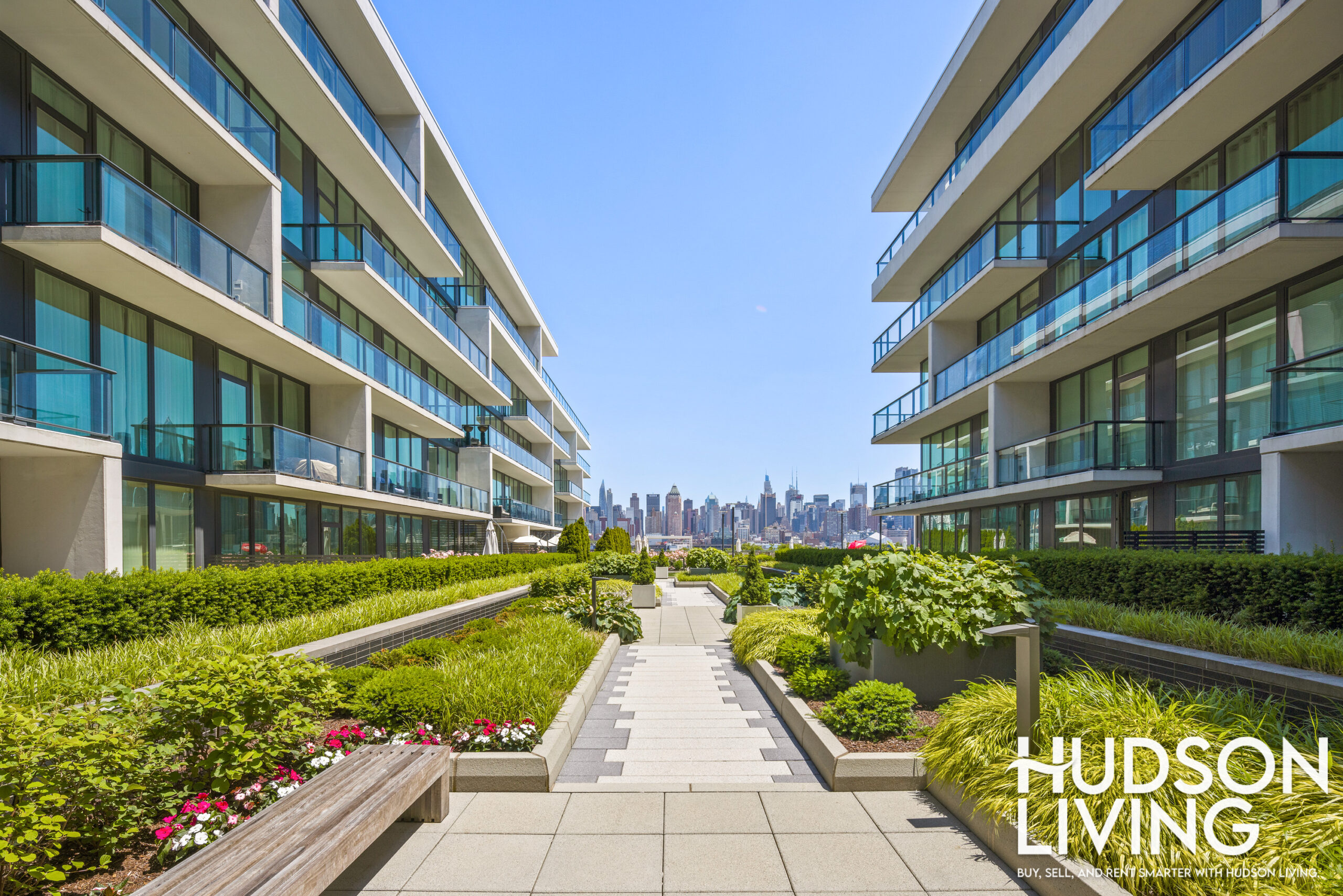Is A Condo A Good Investment? (What You Need To Know Before Buying)
Investing in real estate is a time-honored pathway to building wealth. Among the most popular investments in real estate is buying a condominium, also known as a condo. Condos offer the advantages of homeownership without the responsibilities that come with owning a traditional single-family home.
But as city skylines bristle with these modern residential units, it’s worth pausing to ask the question: Is a condo a good investment?
Before you’re swayed by the allure of urban living or the promise of a hassle-free lifestyle, there are crucial factors to assess. From understanding association fees to evaluating rental potential, buying a condo requires diligence and foresight.
Let’s peel back the layers of condo ownership, examining its pros and cons, to help you decide if it’s the smart key to unlocking your investment portfolio’s potential.
Why Are You Buying A Condo?
There are several reasons why you might consider buying a condo. They include:
Primary Residence
Purchasing a condo as your primary residence can be an attractive option, particularly for those who value a lock-and-leave lifestyle. Urban locations often mean that condos are within walking distance of workplaces, shopping centers, and cultural hotspots, minimizing commute times and promoting a vibrant, urban lifestyle.
With less maintenance than a standalone house—no yard work, for one—condos offer practicality for busy professionals or those who prefer to spend their free time on activities other than home upkeep.
Condo living also means you have access to shared amenities like fitness centers, pools, and community spaces. These facilities enhance your quality of life without the hassle of personal maintenance.
Vacation Home
Another reason to buy a condo is for use as a vacation home. With its lock-and-leave nature and potential access to resort-like amenities, buying a condo in a popular tourist destination can be an attractive option for those seeking a second home.
If you want to buy a condo for vacation purposes, consider factors such as location, rental potential, and homeowners association (HOA) fees. For example, a condo near popular ski resorts may have high rental potential during the winter months but lower demand in the summer. On the other hand, a beachfront condo may have consistent demand throughout the year.
Rental Property
Buying a condo as an investment property can be another lucrative option. With the potential for consistent rental income, purchasing a condo in a desirable location can provide a steady return on investment.
However, as with any rental property, it’s crucial to consider factors such as location, demand, and association fees before making a purchase decision. You should also be prepared for the responsibilities of being a landlord, such as tenant screening and property maintenance.
Advantages Of Investing In A Condo
Here are some of the main advantages of investing in a condo:
Appreciates In Value
Like any piece of real estate, a condo has the potential to appreciate in value over time. This means your investment could be worth more in the future, due to factors like market demand and improvements to the property or area.
While past trends can be promising, appreciation isn’t guaranteed. Your condo’s value can fluctuate due to the real estate market’s volatility. Do your research and understand the factors that can influence your property’s worth.
By choosing a desirable location and maintaining your condo, you’re positioning yourself to potentially benefit from appreciation. Keep this in mind as part of your long-term financial strategy.
No External Maintenance Or Repair Costs
One perk of condo ownership is that you are not responsible for external maintenance and repair costs.
When you own a condo, the homeowners association typically handles tasks such as landscaping, exterior repairs, and upkeep of common areas. This means you don’t have to worry about the time or expense of mowing a lawn, fixing a broken roof, or painting the building’s exterior.
Your monthly HOA fees contribute to a collective fund that the condo association uses for these services. While this adds to the monthly cost of owning a condo, it can also free you from unexpected hefty expenses.
Regular maintenance keeps the property attractive and can prevent small issues from escalating into large, disruptive projects. It’s a trade-off between predictable fees and the unpredictability of single-family home repairs.
Variety Of Amenities
Condo communities are often designed with a rich selection of amenities that cater to your lifestyle and interests. You’ll have access to facilities such as a swimming pool, fitness center, party rooms, and sometimes services like on-site security and concierge.
These amenities are a part of your everyday life, allowing you to enjoy a higher standard of living without the need to travel far or incur additional membership costs.
Your condo’s amenities aren’t just luxuries; they are practical extensions of your living space. If your unit has a limited square footage, amenities like a spacious lobby, library, or garden can serve as additional areas where you can relax or entertain guests.
Think of these shared spaces as bonus square footage to your purchased property—a place to unwind or engage with your community without stepping outside your comfort zone.
Stay informed about the financial health of the amenity offerings, as they are factored into your HOA fees. High-quality, well-maintained amenities reflect positively on the property values within the community.
Conversely, poorly maintained or outdated facilities can lead to higher dues or special assessments to cover costly repairs. As a condo owner, you have a vested interest in the upkeep of these shared spaces and can proactively advocate for their improvement.
Community Living
Living in a condo means being part of a community that shares your interests and lifestyle. This allows you to build relationships with your neighbors and participate in events or activities together.
You may find yourself enjoying social gatherings, book clubs, or fitness classes with like-minded individuals who live just a few floors away.
Community living also means having the support and resources of your neighbors in times of need. This can include carpooling to work, pet-sitting services, or even borrowing tools for home projects. Building strong relationships within your condo community can enhance your overall living experience and create a sense of belonging.
But remember to be mindful of your neighbors and practice good etiquette when living in close proximity. This means considering noise levels, following building rules and regulations, and respecting shared spaces.
Being a responsible community member will ensure a harmonious living environment for everyone.
Cheaper Than A Single-Family Home
In many areas, condos are priced lower than single-family homes, making them a more affordable entry point into homeownership. Remember, your budget stretches beyond the price tag—it encompasses ongoing costs of home ownership too, and condos typically lead to savings here.
Your savings with a condo extend to various forms of insurance and taxes, which are generally lower than those for a single-family home. This is partly because you’re insuring and taxing a smaller living space.
Also, multi-unit residences like condos can sometimes have a lower property value assessment, which can reduce your annual tax bill. This is crucial to consider when budgeting for your new home.
The cheap price tag of condos can also make them a more attractive option for first-time homebuyers or those looking to downsize. With lower mortgage payments and less maintenance, you’ll be able to put more money toward things like retirement planning or travel.
What To Consider Before Investing In A Condo
Before committing to purchasing a condo, here are some key points to keep in mind:
High Monthly Fees
Consider the monthly costs associated with owning a condo. HOA fees can vary significantly, often ranging from $200 – $400 per month, depending on your location and the level of amenities provided.
Property taxes are another fixed expense, determined by your condo’s assessed value. They can average 0.1% – 2% of your home’s value annually.
Don’t forget homeowners insurance, averaging about $600 per year. Condo insurance tends to be cheaper than that of single-family homes due to the shared nature of the building. Calculate these costs to assess if a condo aligns with your budget.
Rules And Regulations
Condos come with rules and restrictions that govern how you can use your property and the common areas. These can dictate everything from noise restrictions and pet policies to maintenance responsibilities and parking guidelines.
Before investing, examine the HOA’s covenants, conditions, and restrictions (CC&Rs) to make sure they’re compatible with your lifestyle. You want to feel at home, yet understand that community living means compromise and cooperation.
Understanding the condo board’s role and assessing its effectiveness is crucial. This elected body makes decisions that impact the financial health and quality of life in your community.
When considering a condo, talk to current residents to gauge their satisfaction with how the board operates and manages the community’s affairs. They’re stewards of your investment, and you should have confidence in their leadership.
Avoid buying a condo whose rules and regulations you don’t understand or that you can’t abide by. You’ll be paying the price for years to come. Keep in mind that condo boards have the power to change rules and regulations at any time, so it’s important to stay informed and involved in the decision-making process.
Rental Restrictions
When you’re considering investing in a condo, it’s essential to understand any rental restrictions in place. Outlined in the HOA’s bylaws, these rules affect whether you can rent out your condo, and under what conditions.
Check if the condo has a cap on the number of units that can be rented out at any given time. Some associations may require owner-occupation for a certain period before allowing rentals. These rules can impact your flexibility and may even affect resale value.
Stay proactive and ask about any potential plans to revise rental policies. As a condo owner, staying engaged with the HOA meetings and decision-making will give you a better understanding of the community’s future and your place in it.
The Bottom Line
The question of whether a condo is a good investment depends on your personal needs and goals. If you value convenience, community, and amenities, then a condo may be the perfect fit for you. However, if you prioritize privacy, control over your living space, and potential long-term appreciation, then this may not be the best option.
Regardless of your decision, purchasing a condo involves more than just buying a property; you’re also investing in a community and becoming part of an HOA.
Carefully consider the information provided in this article before making a decision. Stay informed about any changes that may affect your ownership experience. With the right knowledge and approach, purchasing a condo can be a successful and rewarding investment.
If you’re looking to purchase a condo, Hudson Condos is here for you. With an extensive database of listings and advanced search features, we help every buyer find their perfect condo.
Our resources include valuable data on properties listed for sale, open house posts, and insights into properties currently under contract, recently rented, or sold.
For an informed and confident condo search, check out our listings today!



